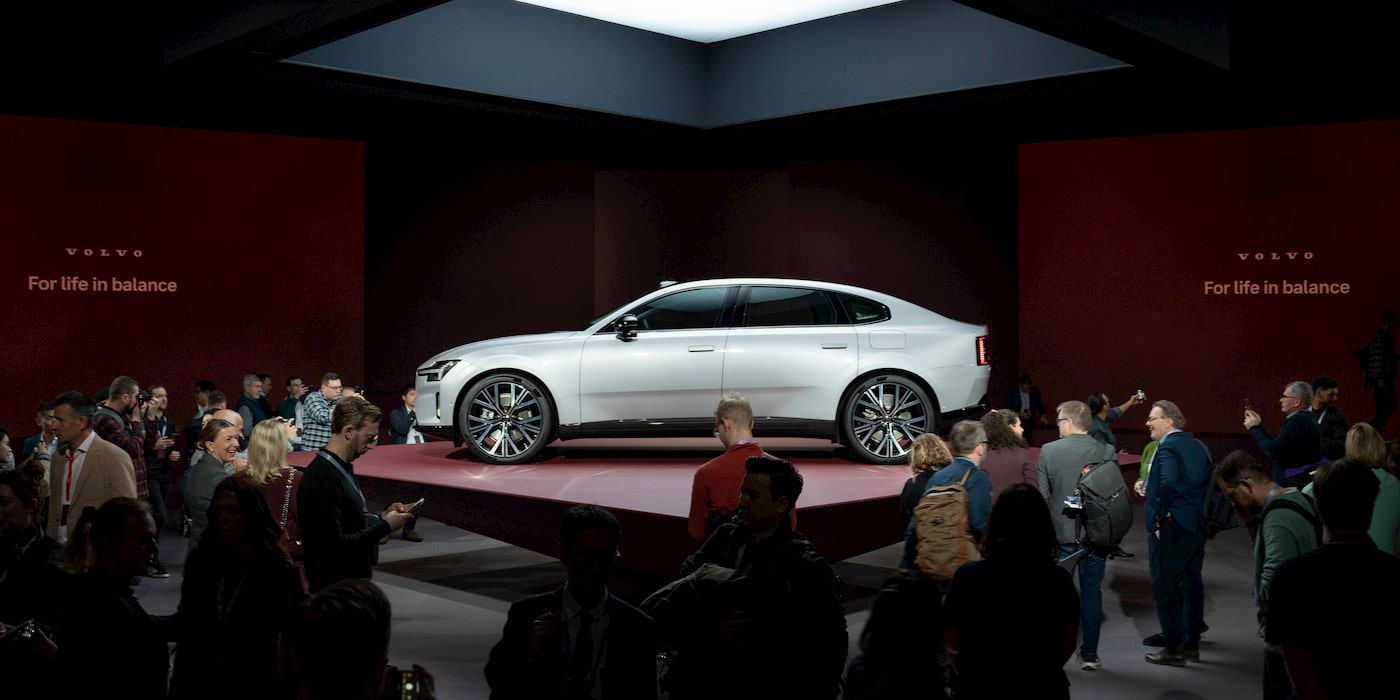In a dramatic turn of events, Volvo Cars' former long-time CEO Håkan Samuelsson is making a strategic return to the automotive giant. This comeback comes at a pivotal moment as the industry accelerates toward electrification, a transition Samuelsson warns will inevitably claim casualties among Western automakers.
Key Highlights
- Leadership Return: Håkan Samuelsson, who led Volvo from 2012 to 2022, is returning in an advisory capacity to steer the brand through its next phase.
- Industry Warning: Samuelsson openly predicts that rapid electrification will lead to the failure of several Western automotive brands unable to adapt.
- Strategic Focus: Volvo is intensifying its commitment to a fully electric future, aiming to become a pure electric car company by 2030.
- Market Pressure: Intense competition from new EV manufacturers and legacy brands is creating a volatile landscape for traditional automakers.
The Comeback of a Visionary Leader
Håkan Samuelsson, who served as Volvo's CEO for a decade, is returning to the fold in a strategic advisory role. His leadership previously oversaw Volvo's revitalization, including its acquisition by Geely, the launch of the successful SPA and CMA platforms, and a renewed focus on safety and sustainability. His return signals Volvo's determination to navigate the complex shift toward electric mobility with experienced guidance. Samuelsson's deep industry knowledge and historical context with the brand provide a steady hand during a period of unprecedented change.
The Electric Revolution and Its Inevitable Casualties
Samuelsson's return is underscored by a stark warning: the auto industry's rapid pivot to electrification will not be survivable for all. He posits that several Western automotive brands, particularly those slower to adapt or with less financial flexibility, face existential threats. The immense capital required for developing new EV platforms, sourcing batteries, and building charging infrastructure is creating a high barrier to entry. Combined with fierce competition from Tesla and a wave of Chinese EV manufacturers like BYD and NIO, the market is becoming increasingly saturated and competitive.
Comparative Challenges for Legacy Automakers
The table below outlines the core challenges traditional automakers face compared to new EV-centric companies.
| Challenge | Legacy Automakers (e.g., Volvo, Ford) | New EV Companies (e.g., Tesla, Rivian) |
|---|---|---|
| Platform Transition | Costly shift from ICE platforms to dedicated EV architectures. | Built from the ground up with native EV platforms. |
| Supply Chain | Restructuring complex, established ICE supply chains. | New, vertically integrated supply chains focused on batteries and tech. |
| Brand Identity | Balancing heritage with a new, tech-forward electric image. | Inherently modern, software-defined brand identities. |
| Profitability Timeline | Short-term profitability pressure from dual investment in ICE and EV. | Long-term growth focus accepted by investors, despite initial losses. |
Volvo's Electrification Strategy: A Case Study in Adaptation
Under Samuelsson's initial leadership and now with his return, Volvo has positioned itself as one of the more aggressive legacy automakers in the EV space. The company's ambitious plan to become a fully electric car brand by 2030 is a direct response to these market pressures. Models like the XC40 Recharge and C40 Recharge are just the beginning, with a new generation of EVs built on their dedicated SEA (Sustainable Experience Architecture) platform already in development. This all-in strategy is a calculated bet to not just survive, but to thrive and define the premium electric segment.
The Road Ahead: Consolidation and Innovation
The industry is headed toward a period of significant consolidation. Samuelsson's prediction suggests we may see mergers, acquisitions, or outright failures of well-known names. Success will hinge on more than just building a competent electric car; it will require software excellence, a seamless customer experience, and a profitable business model—areas where many traditional manufacturers are still playing catch-up. Volvo, with its clear strategy and renewed leadership, aims to be on the winning side of this transformation.
The return of Håkan Samuelsson to Volvo is far more than a nostalgic appointment; it is a strategic maneuver in a high-stakes game of industrial evolution. His candid warning about the fate of slower-moving brands serves as a sobering prognosis for the entire automotive sector. As the electric revolution accelerates, Volvo's journey, guided by a seasoned hand, will be a critical case study in how legacy automakers can adapt, innovate, and ultimately secure their place in the new automotive era. The race is on, and the finish line will have far fewer participants.


